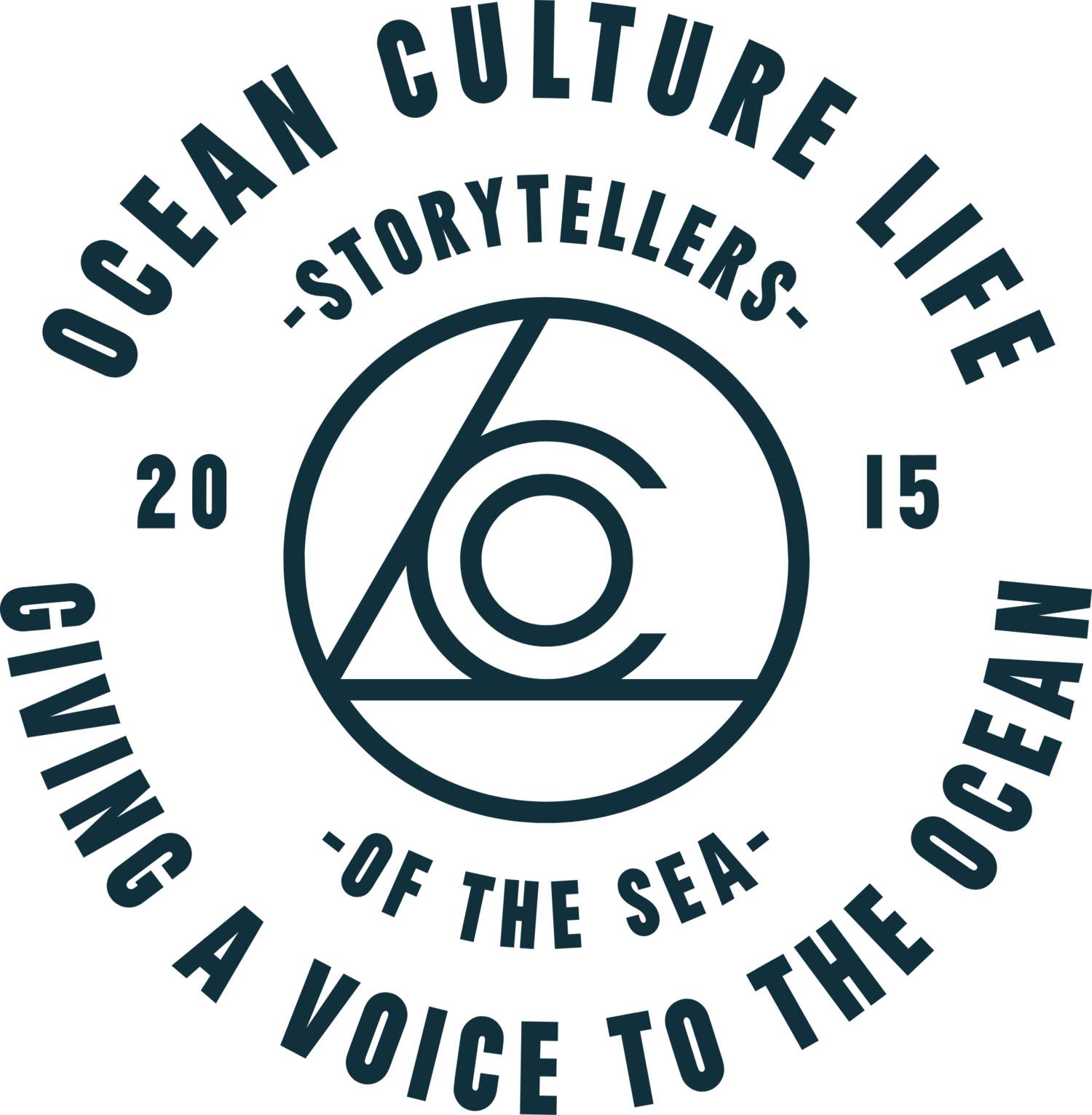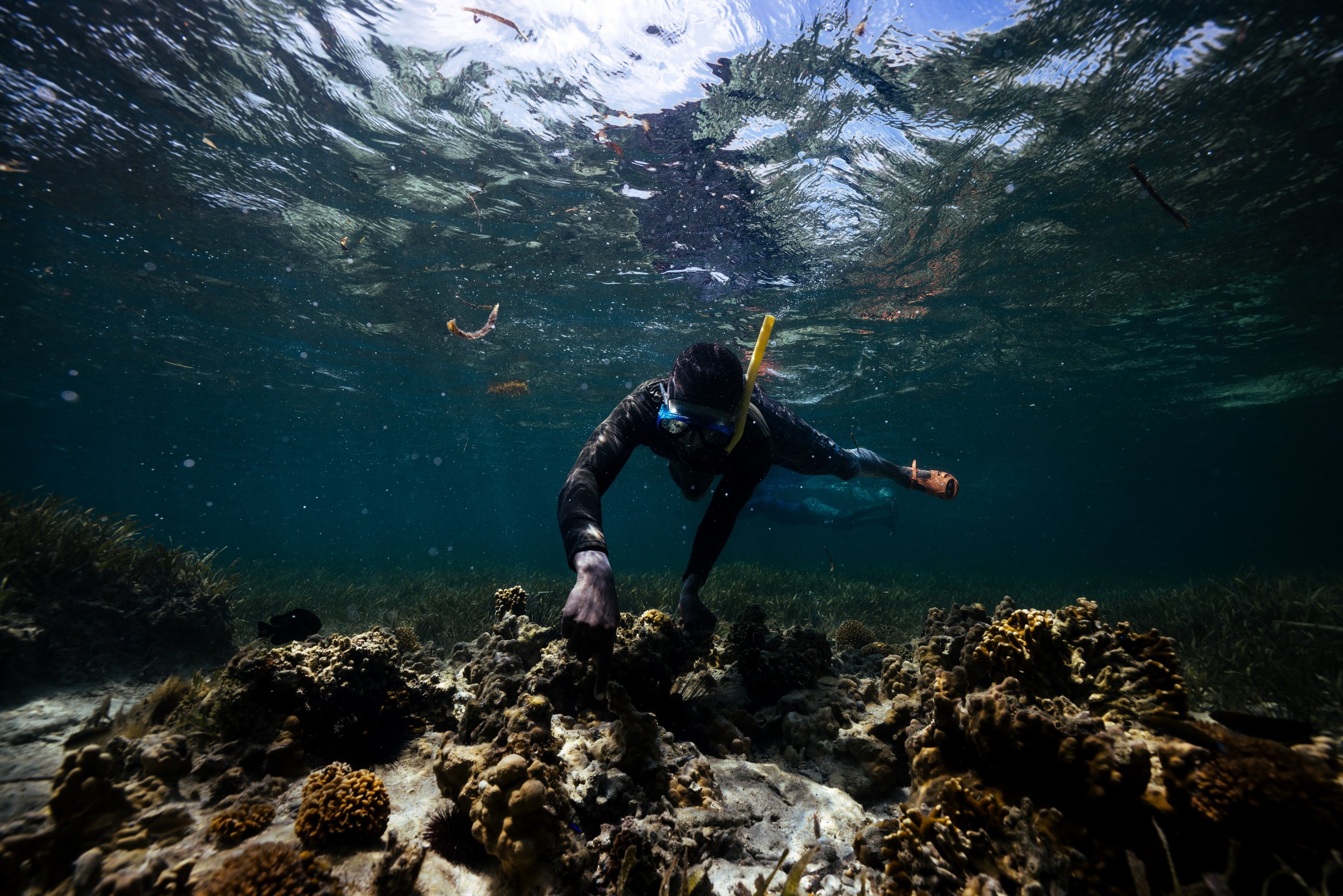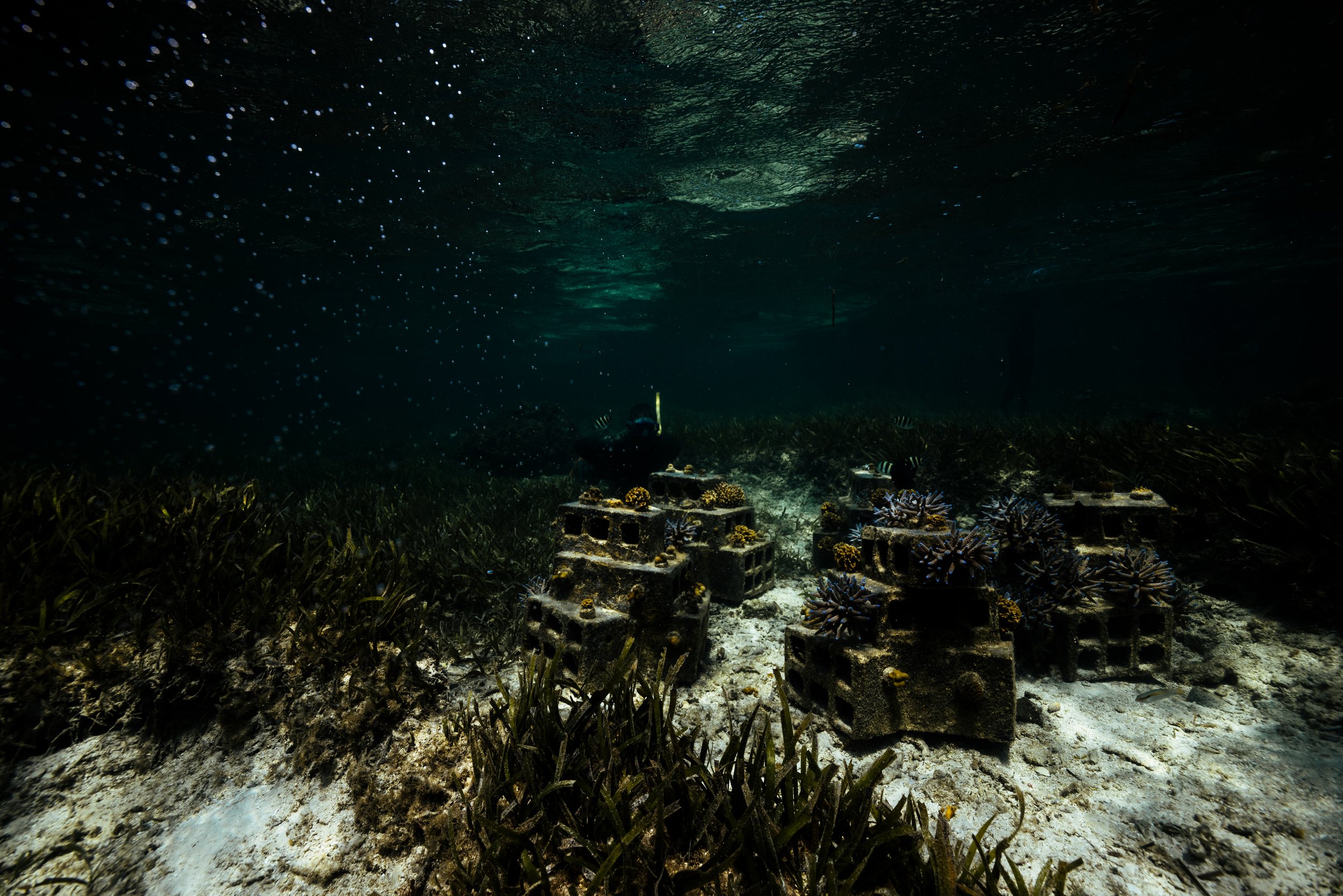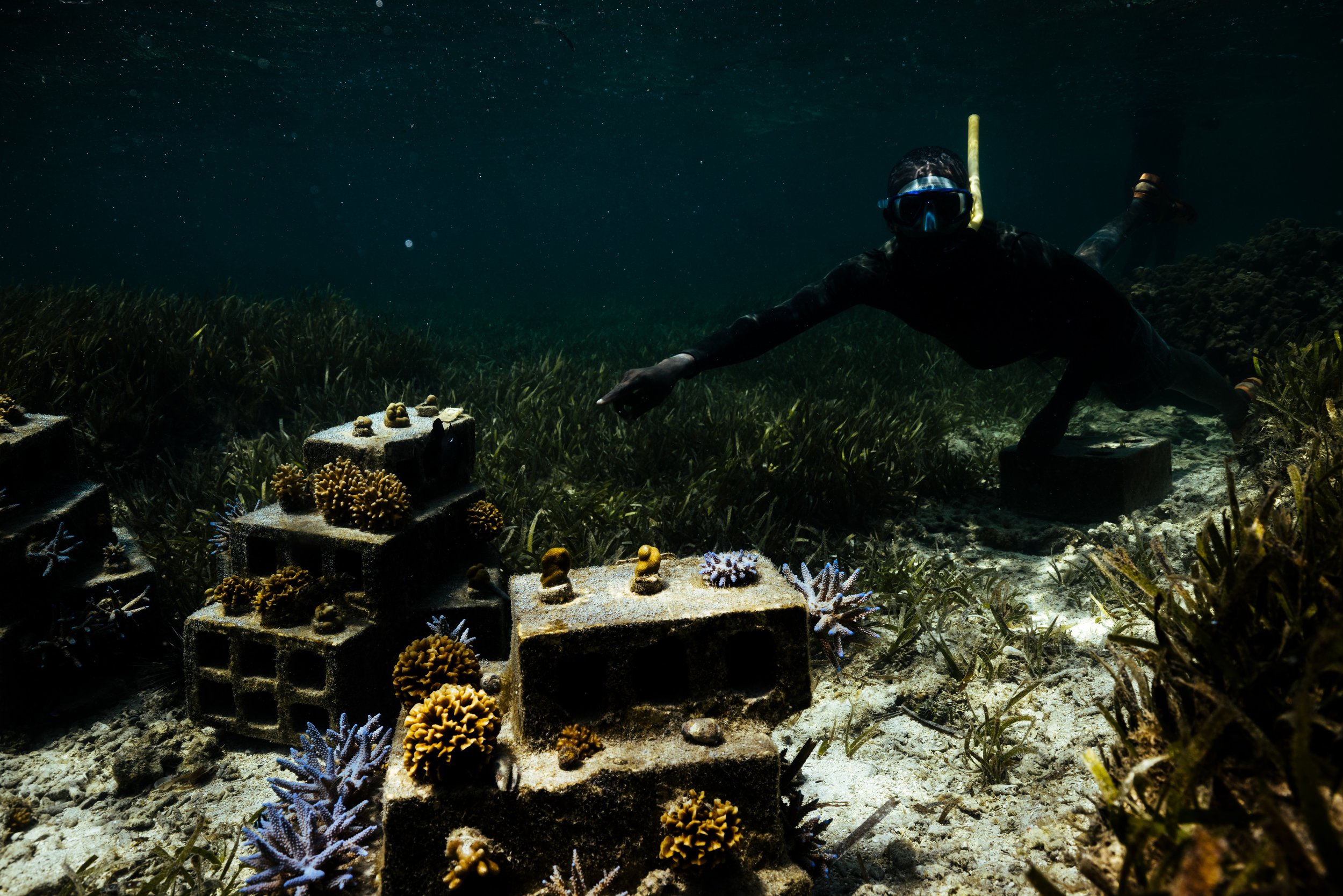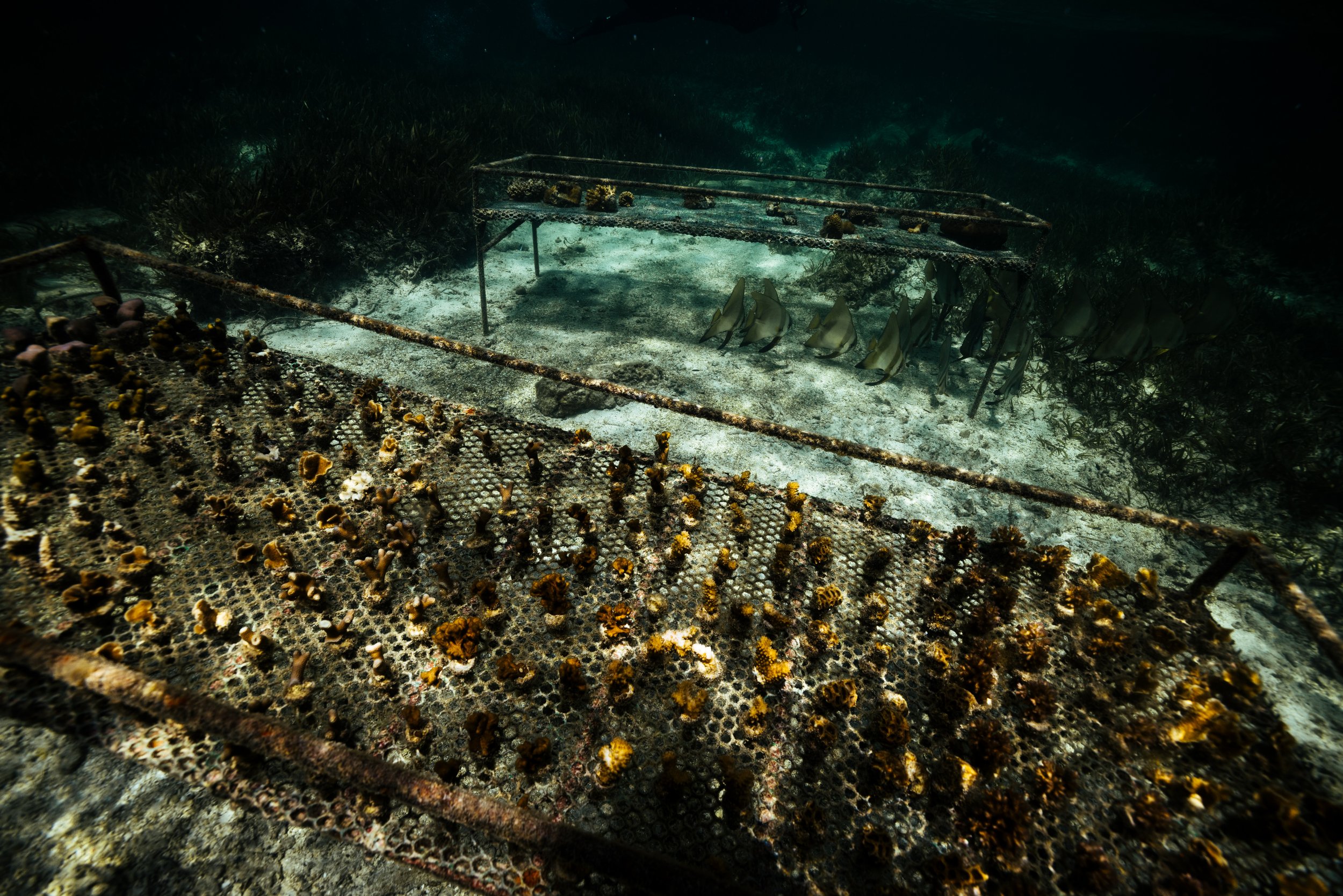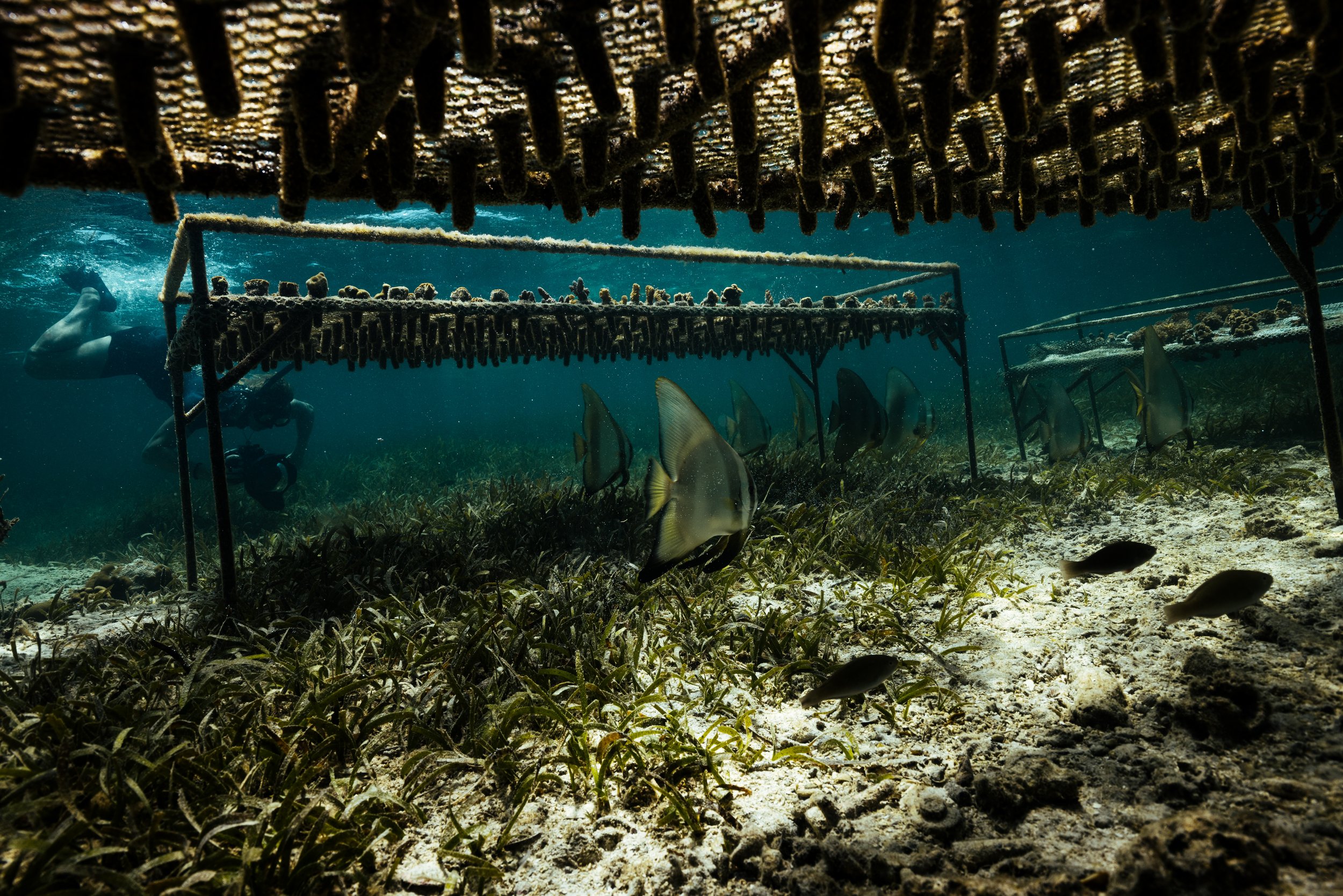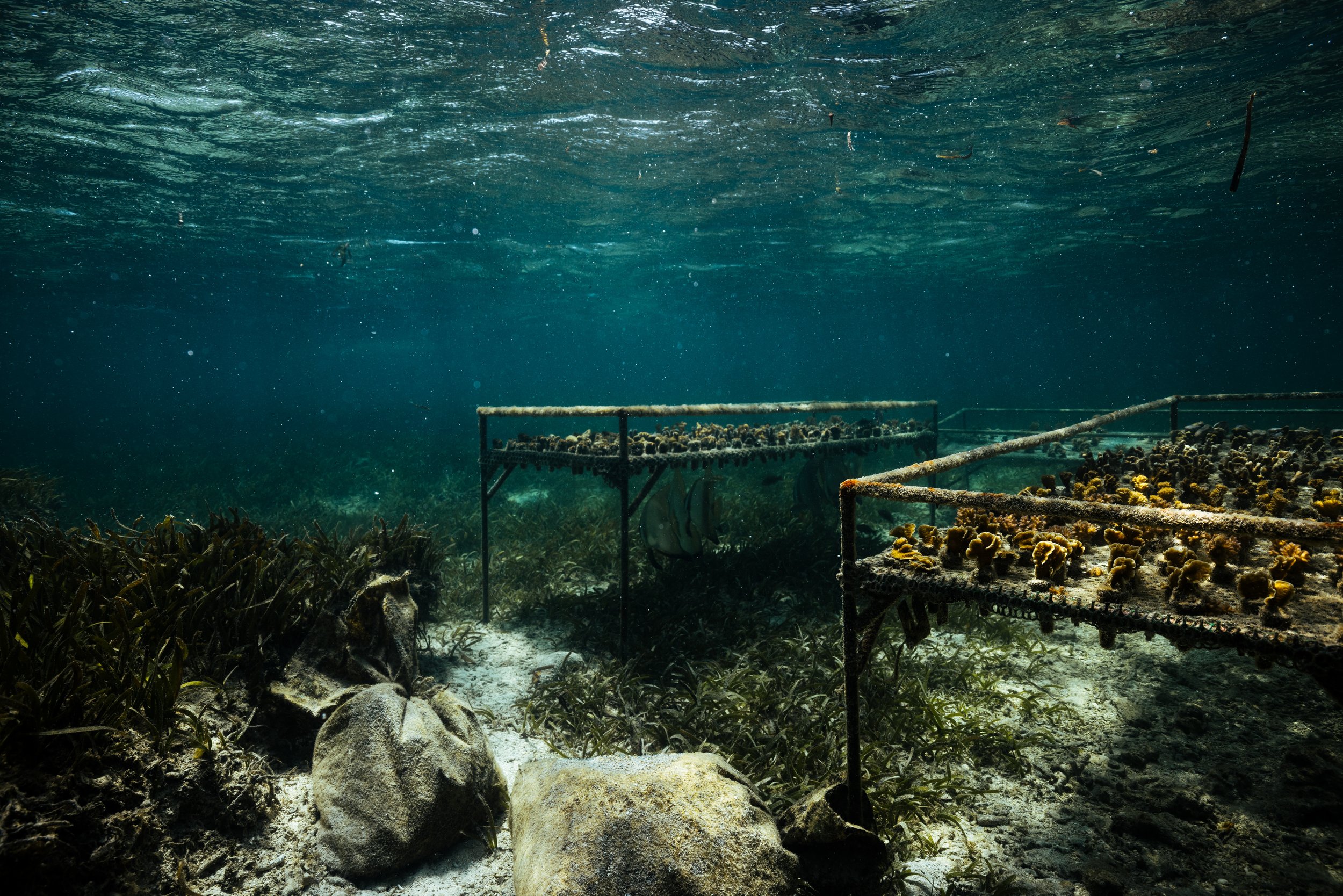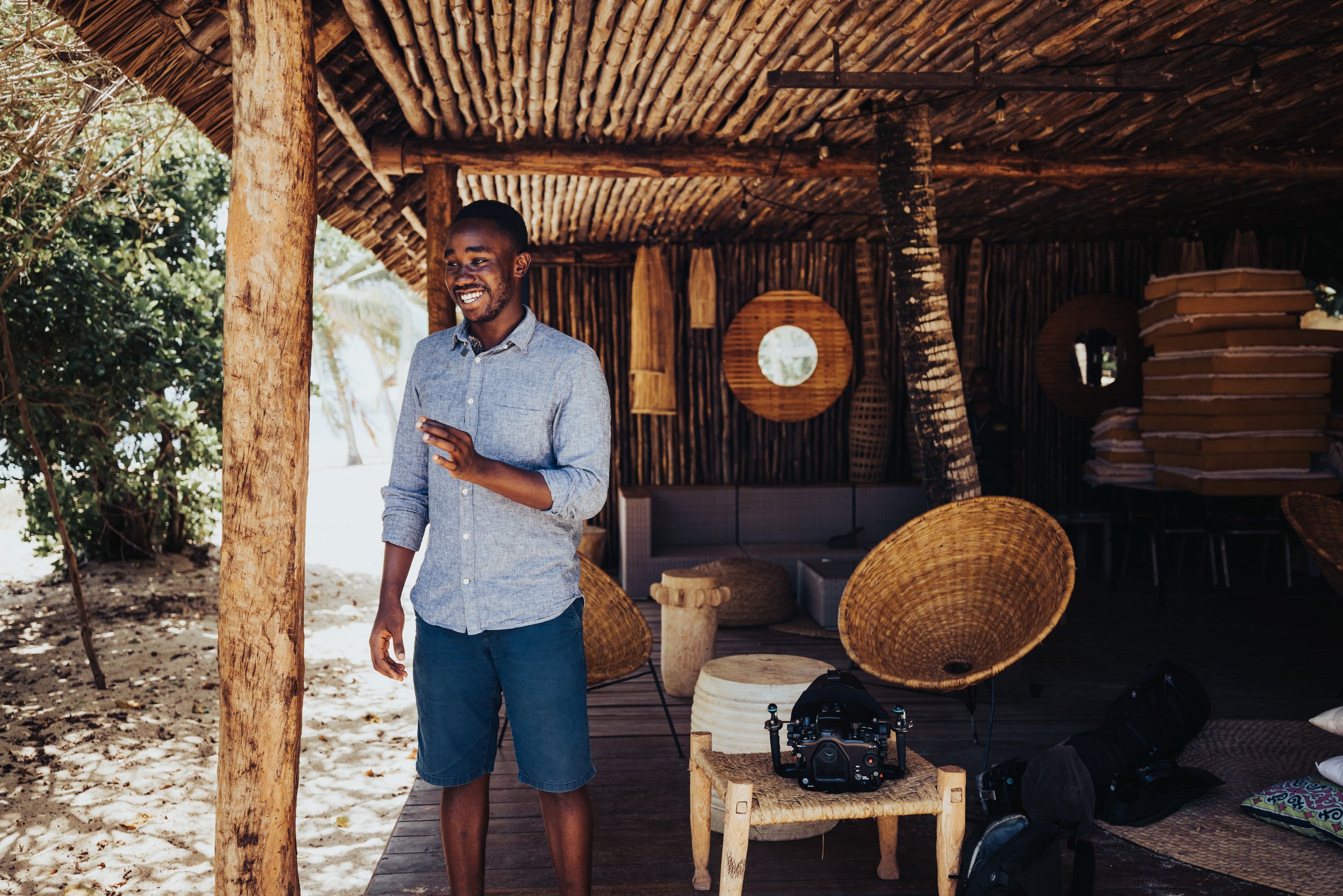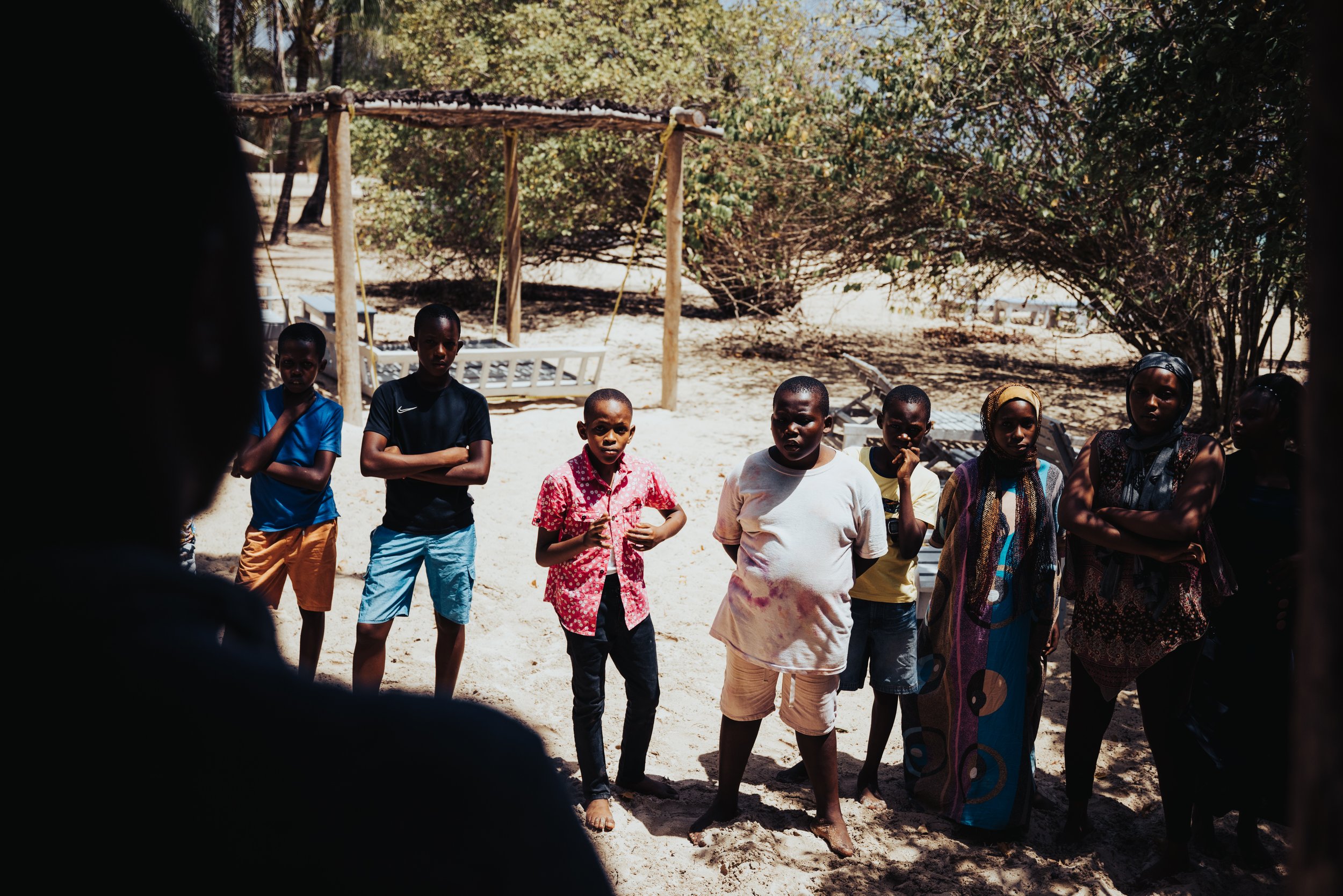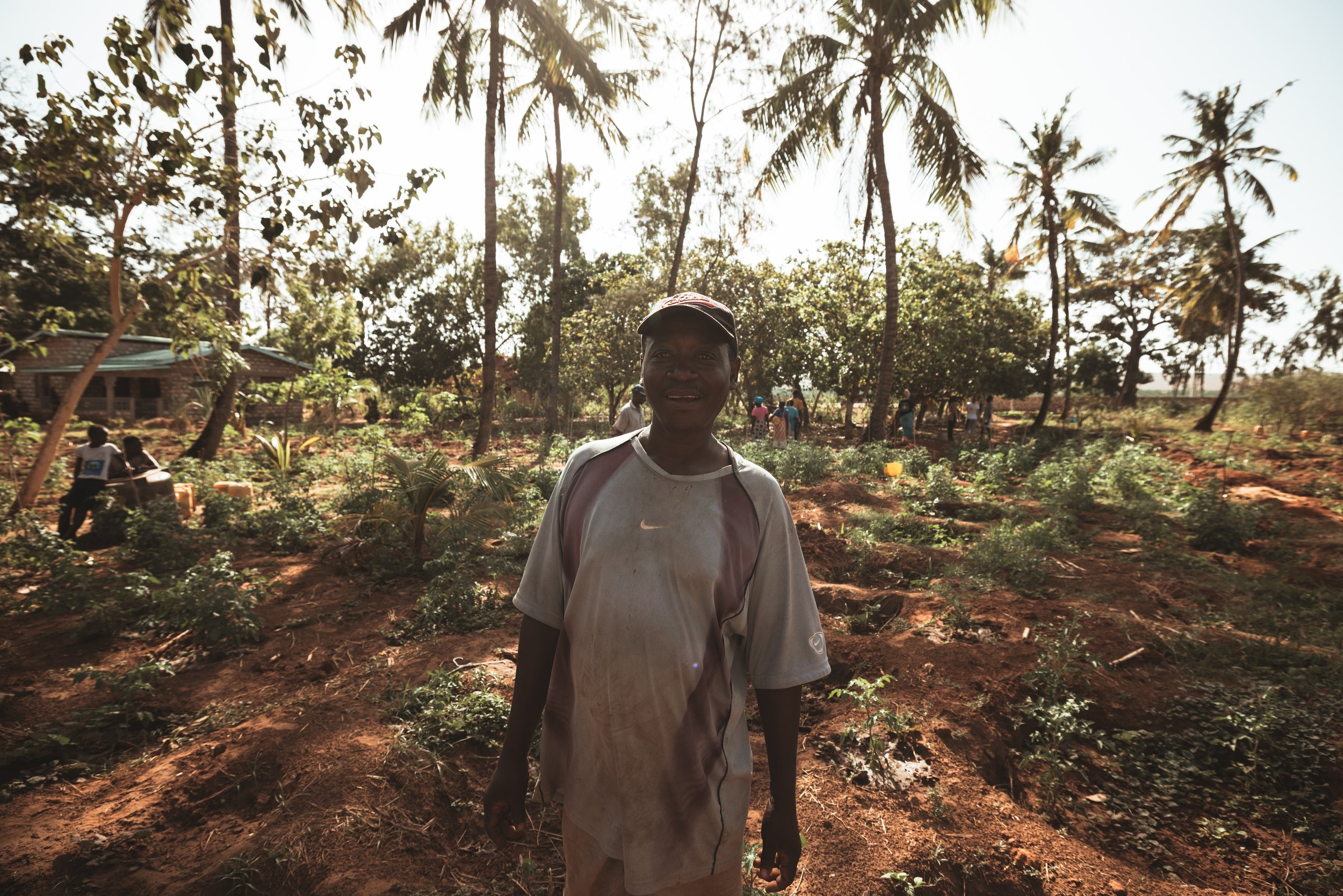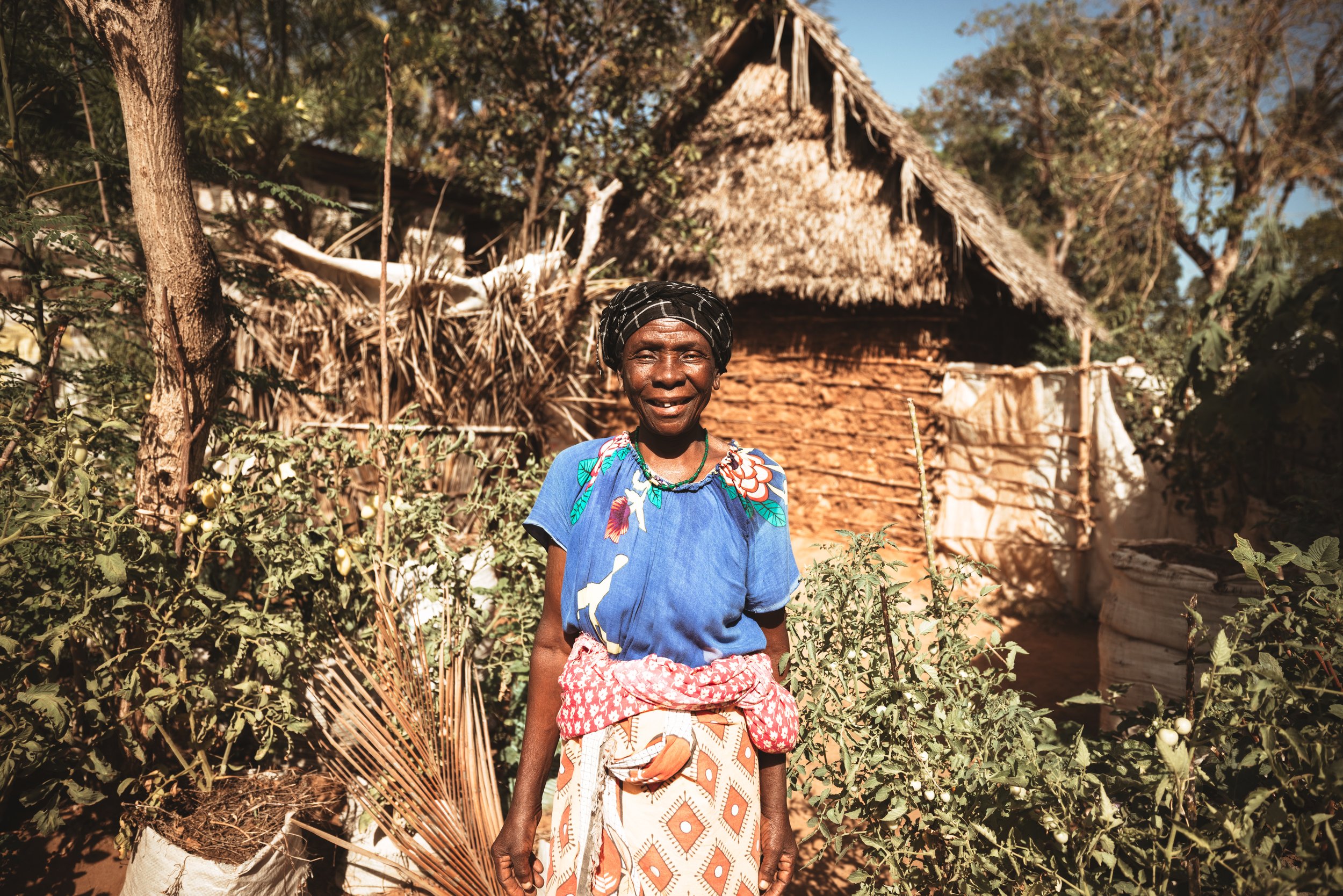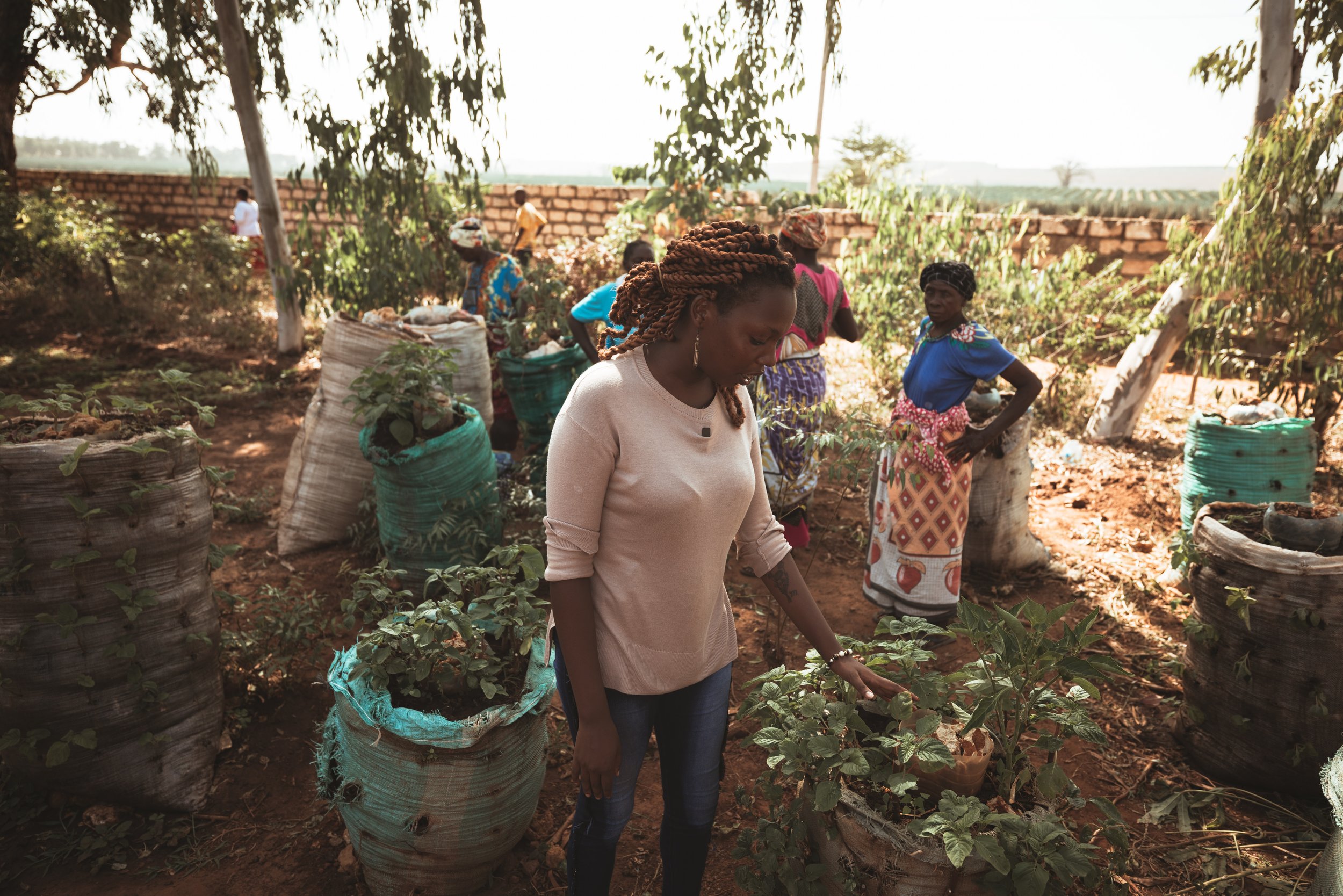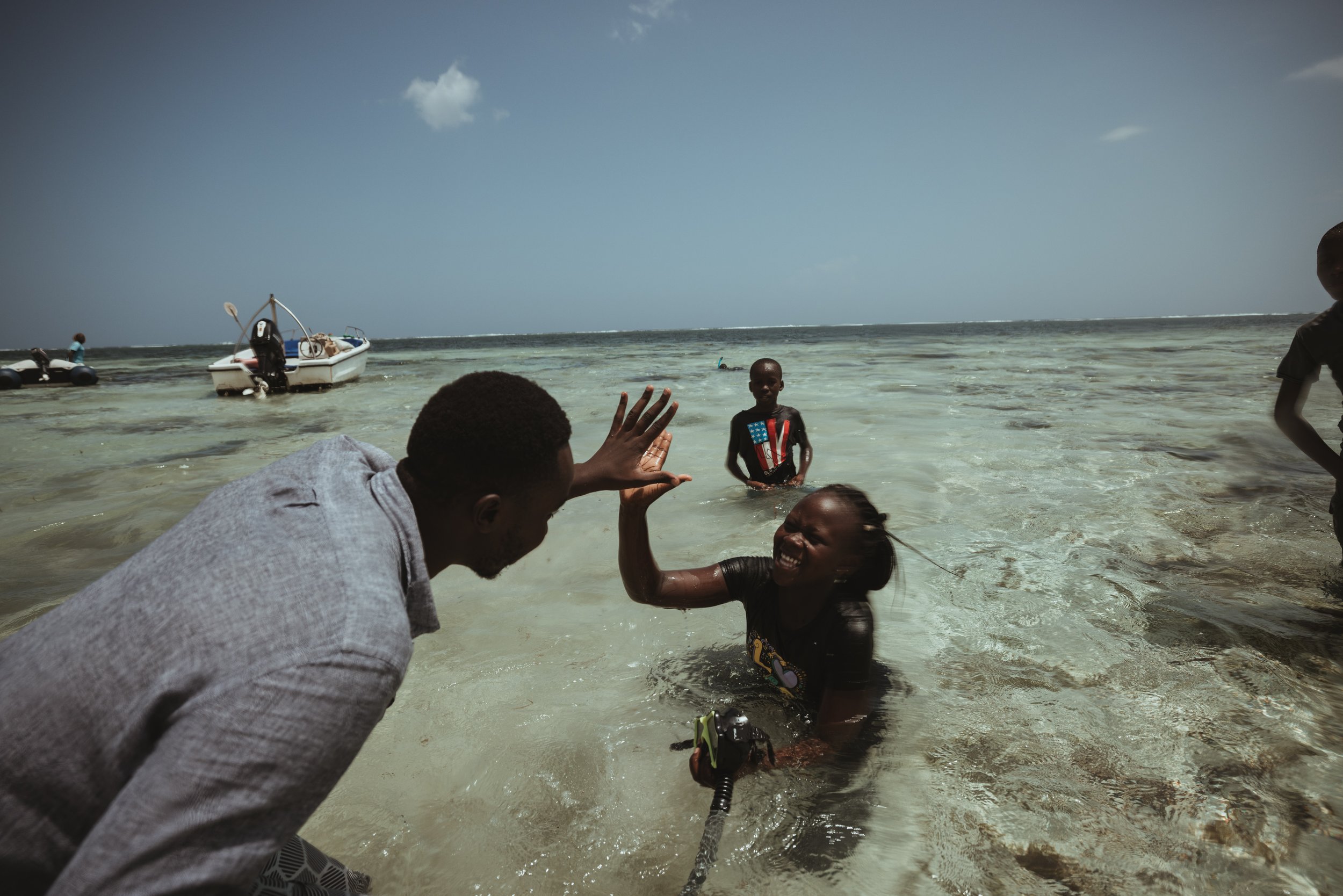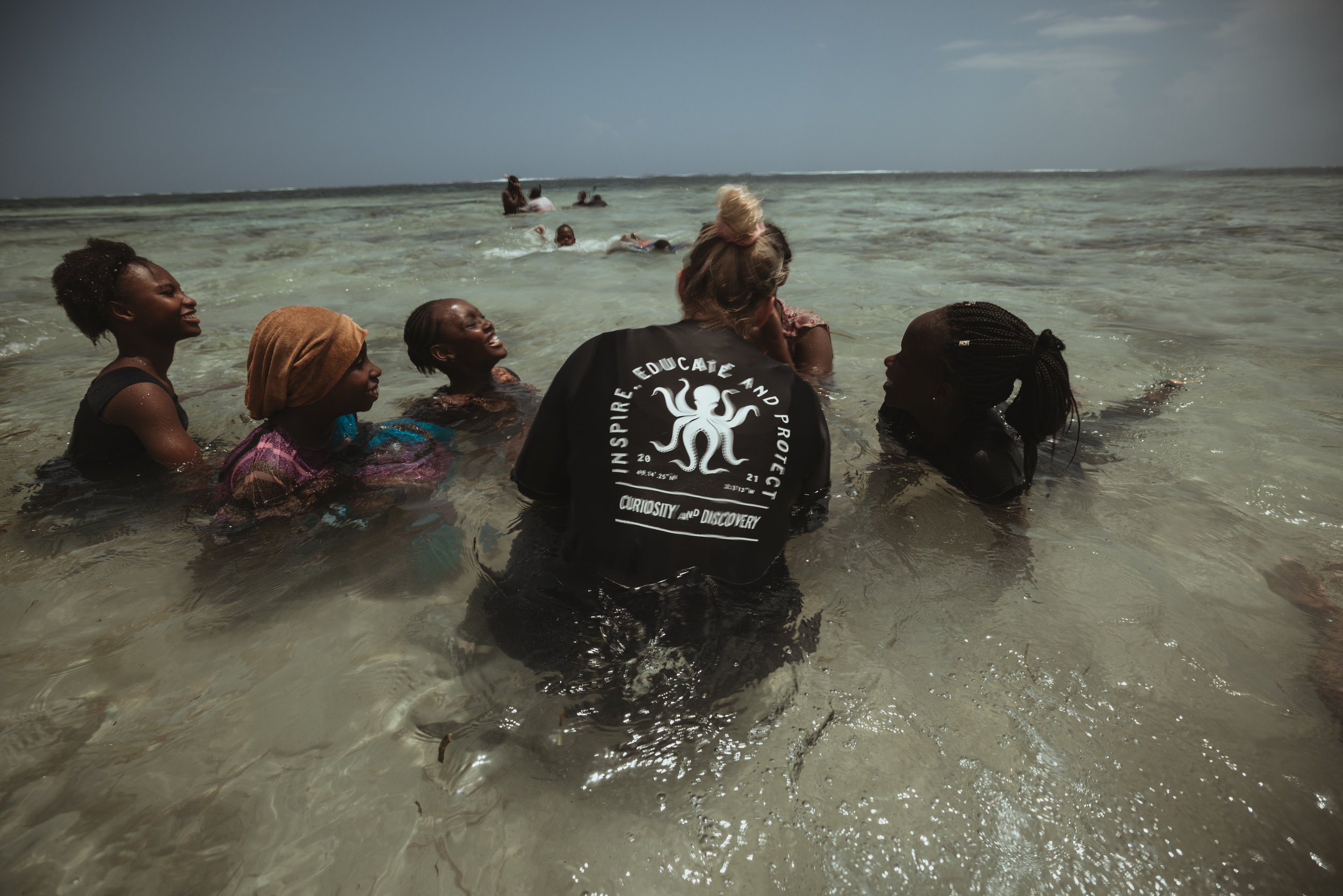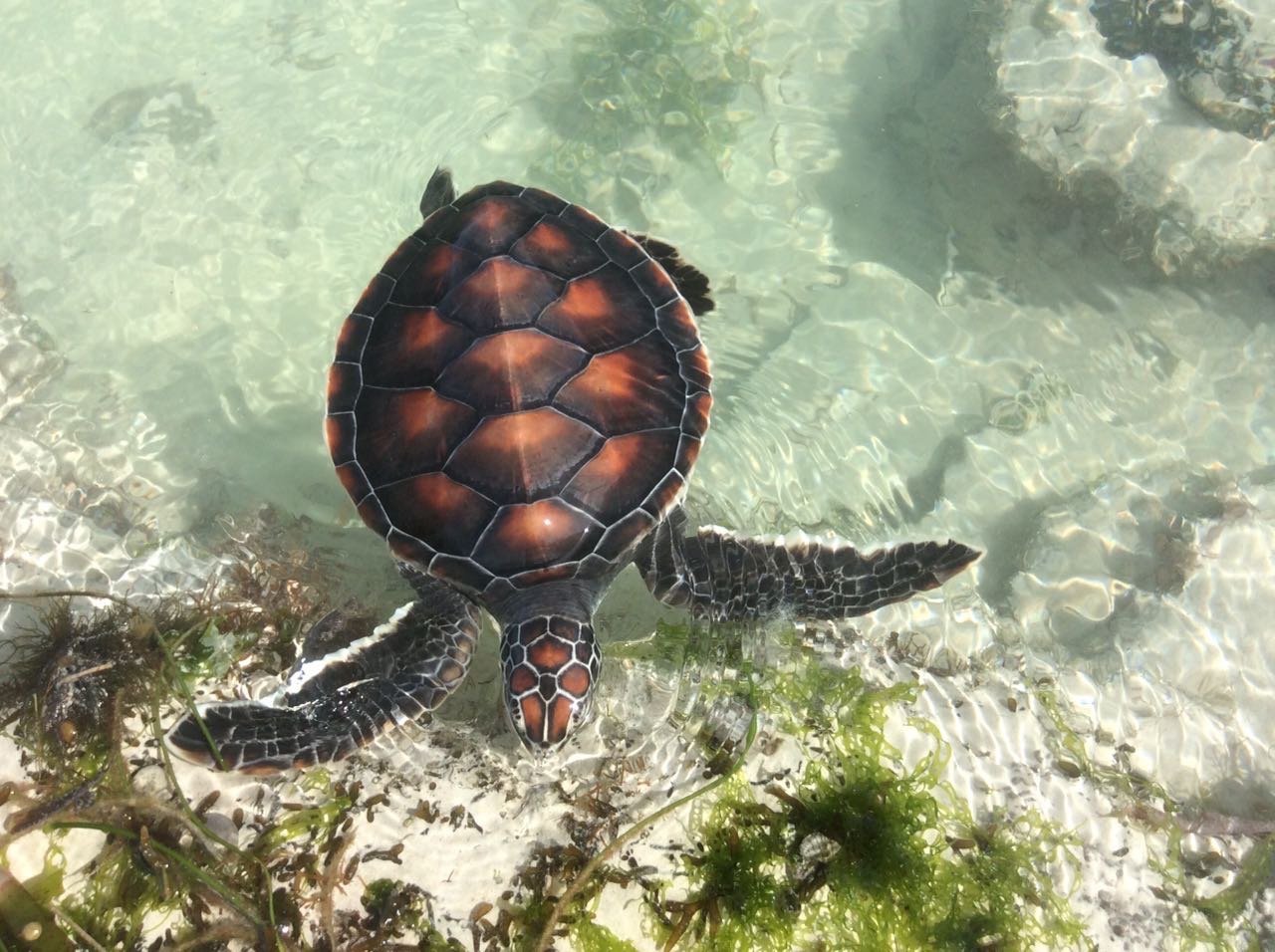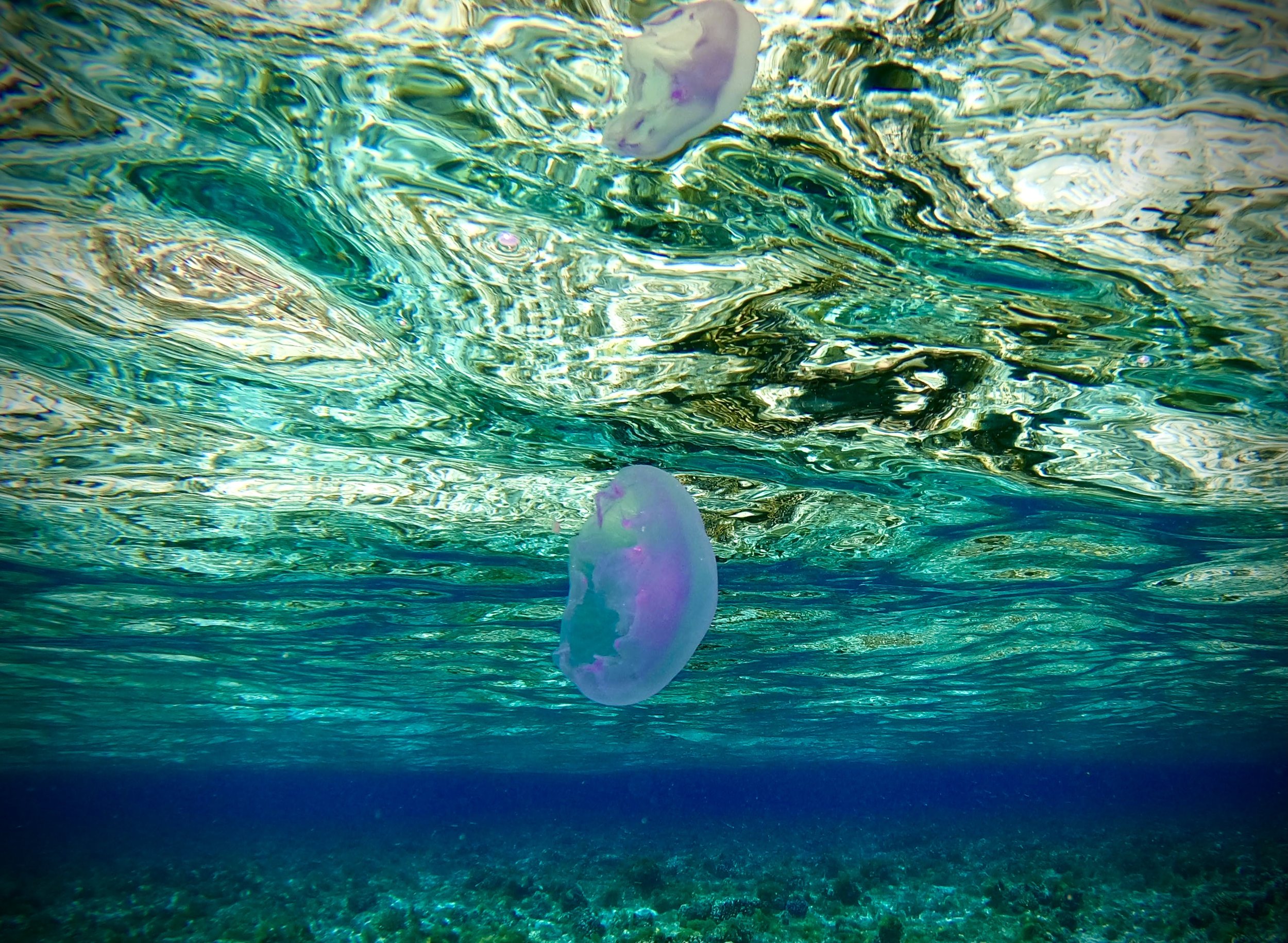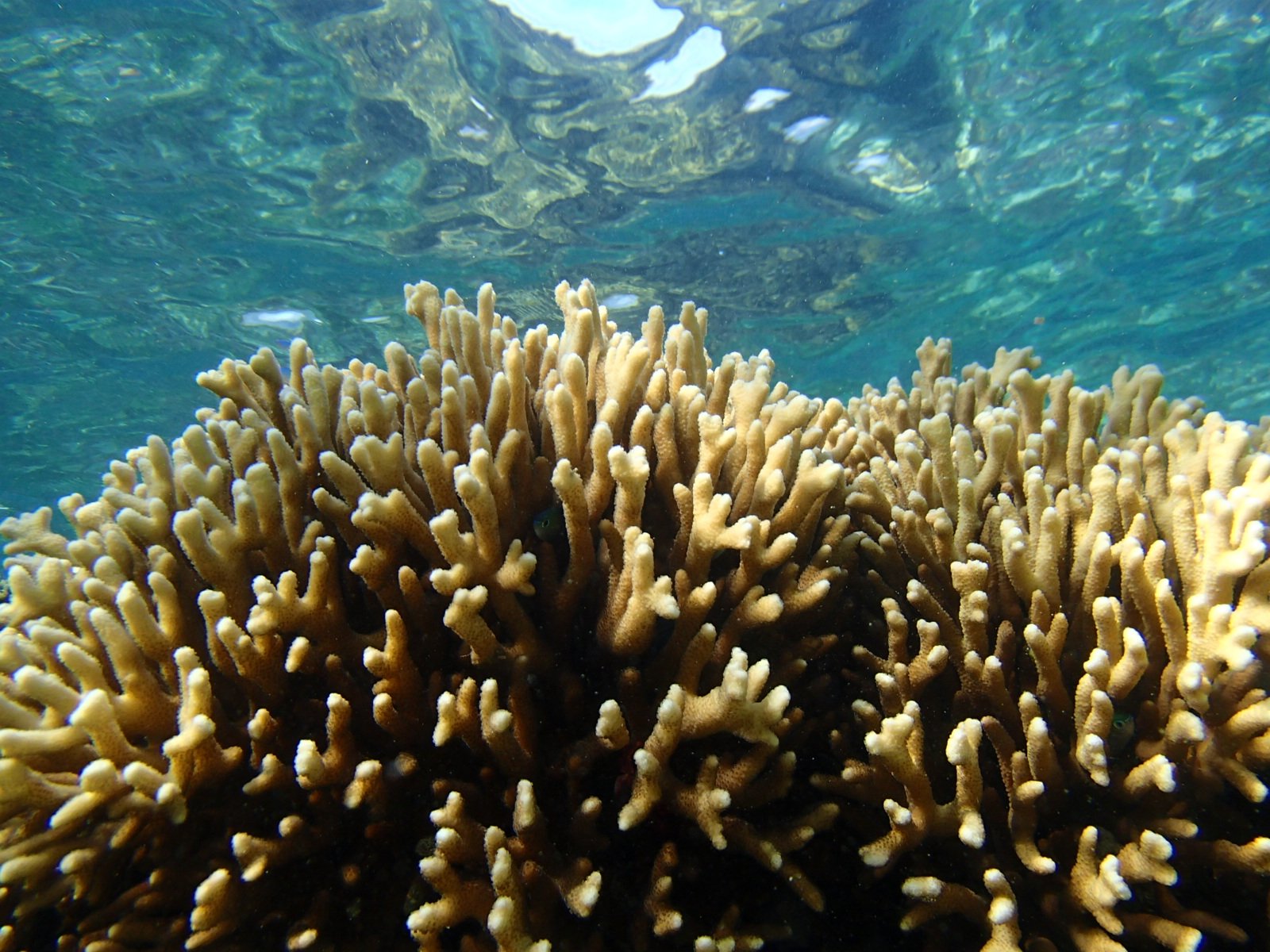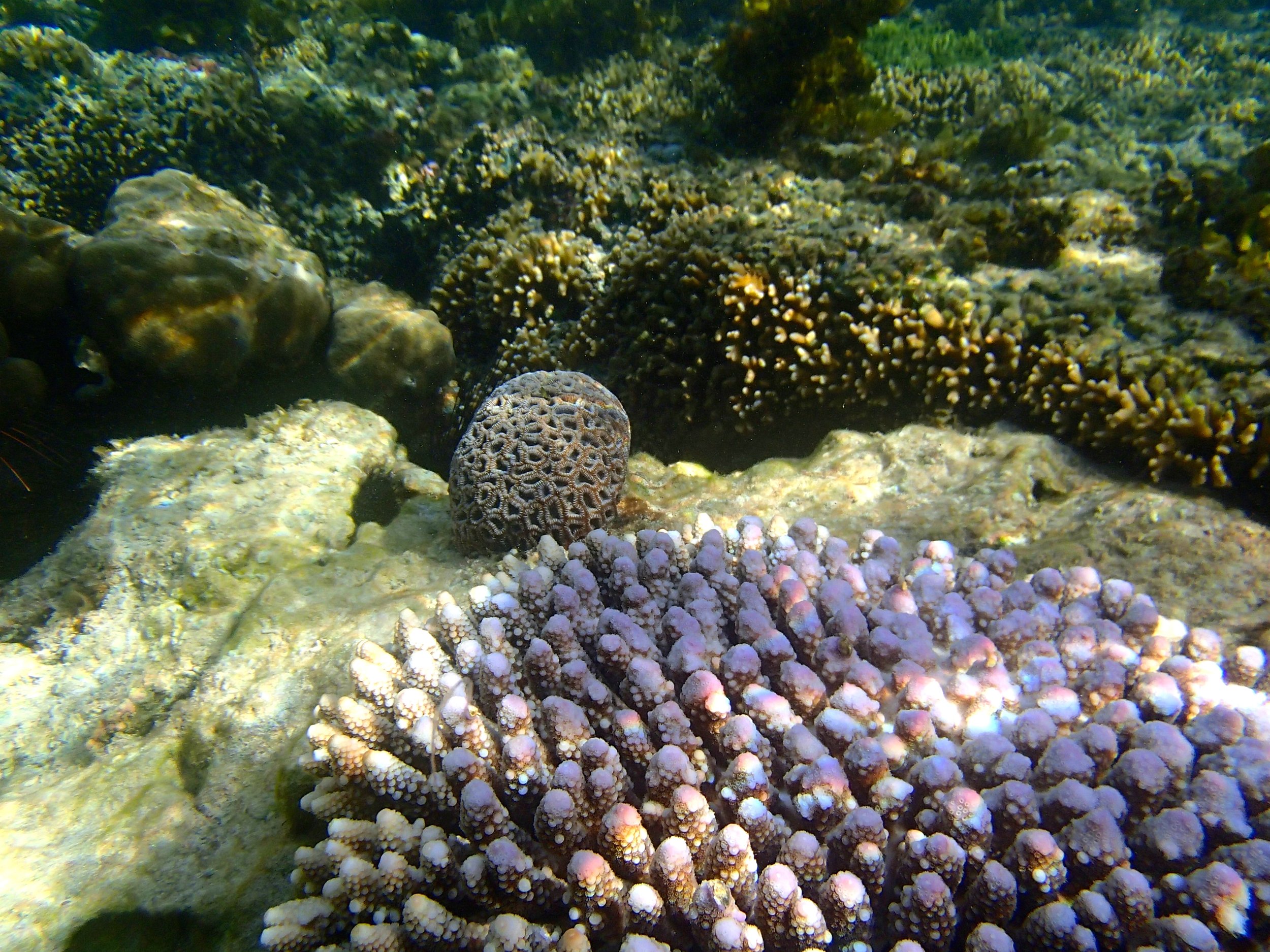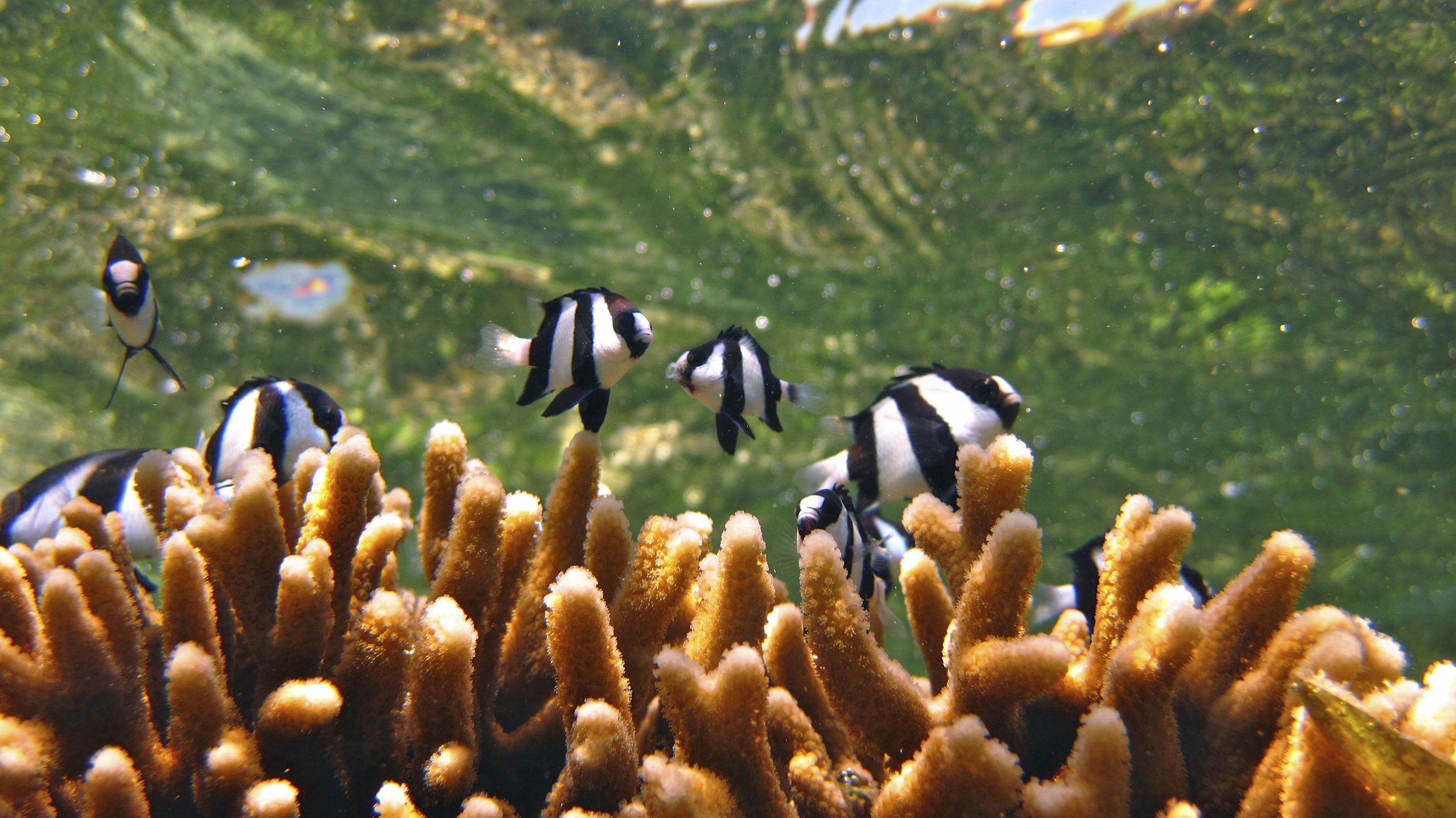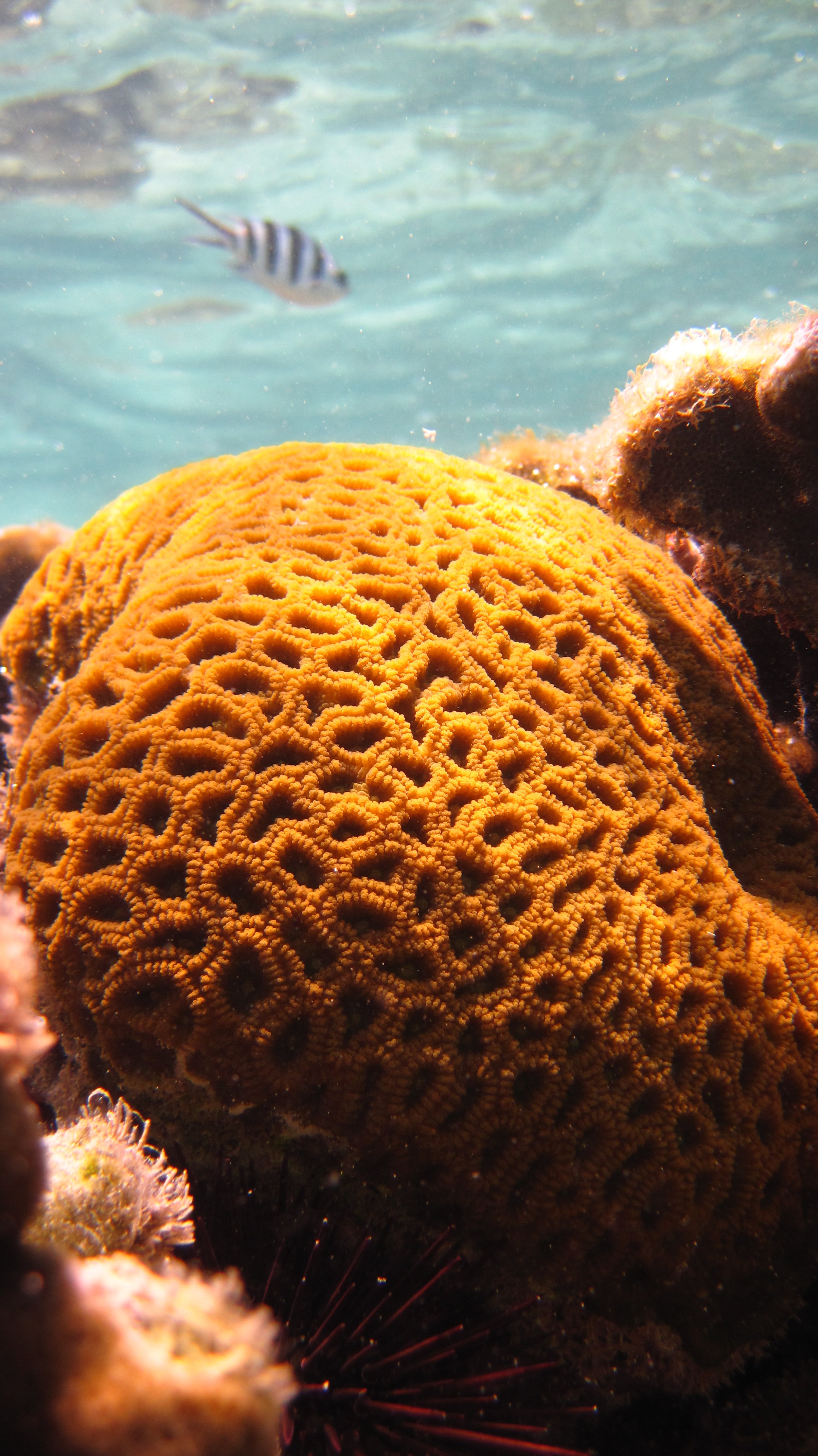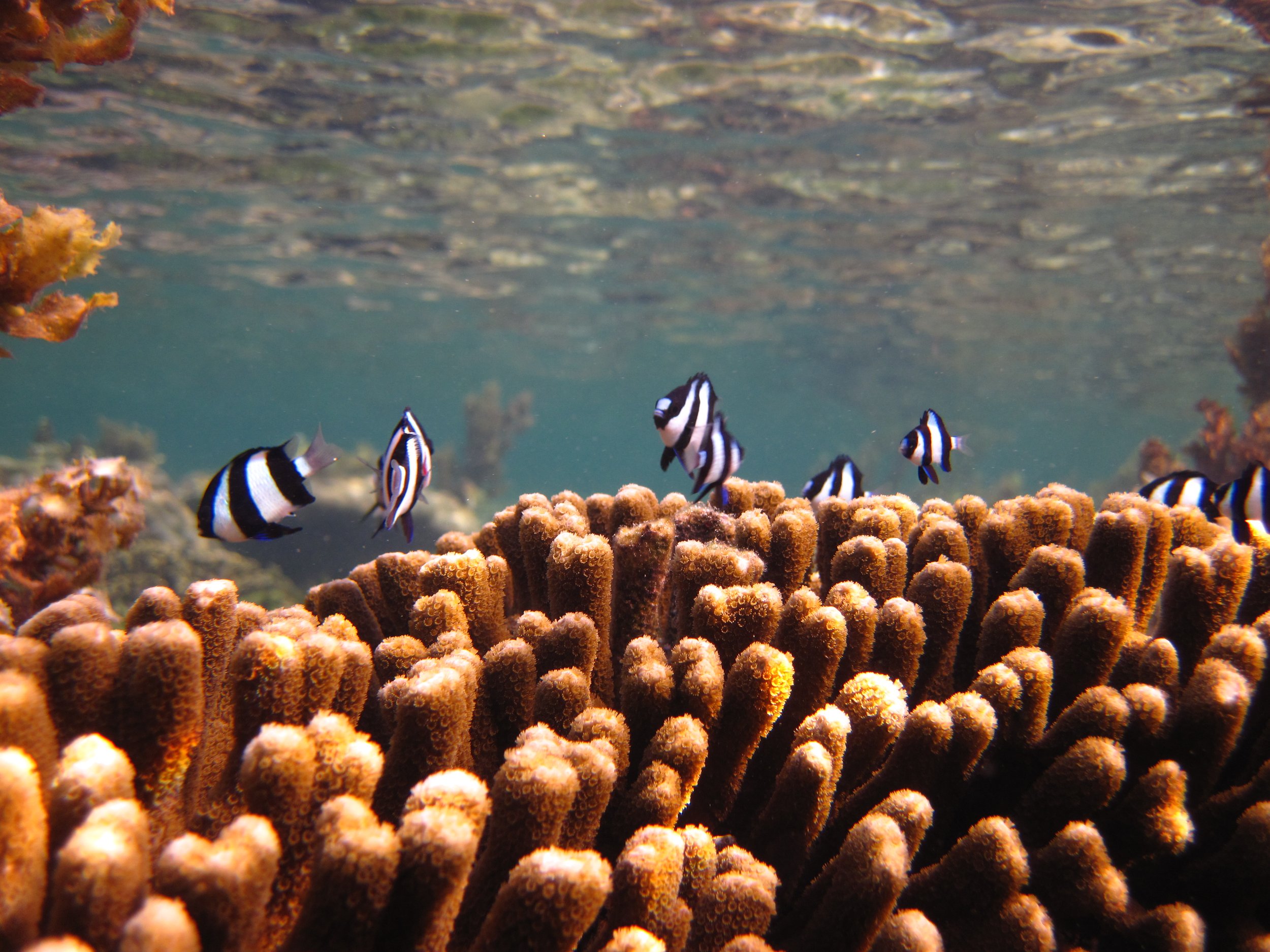Oceans Alive Kenya Trust
Oceans Alive has created a cohesive approach to the sustainable management of marine resources driven by the communities that rely on them. They bring these communities and all relevant stakeholders together under a collaborative management approach.
They are an action-based organisation driven by a passion for our environment and inspired by the communities we work with.
In early 2022, the first Co-managed plan in Kenya (under the new guidelines), driven by Oceans Alive, was signed off after an extensive process placing an area of 150 sq km under controlled community-led management.
OCEANs ALIVE’S MISSION
Collaborating together with coastal communities, we share sustainable marine conservation solutions that create a ripple effect to improve livelihoods along the Kenyan coast. Oceans Alive has made a significant impact on the coastal communities and marine ecosystems of Kenya.
Through its various programs and initiatives, Oceans Alive has been a driving force in promoting sustainable fishing practices and protecting marine habitats.
We empower local communities to become stewards of their marine resources through our tried and tested collaborative management approach, crafted with over 30 years of experience.
Oceans alive’S INSPIRATION
Our journey started over 30 years ago in Kuruwitu, which was at that time, a tranquil fishing village on the North Kenya coast. The majority of the community is made up of fishers and their families from the Mijekenda tribe who have practiced traditional sustainable fishing techniques for decades. Over the years, however, things started to change. This happened slowly at first but then quite suddenly, with a number of events all coming together at the same time culminating in a serious environmental crisis.
In the late 1990 a serious bleaching event wiped out 25 % of coral across the region. There was between 50 and 90% of coral cover loss in Kenya. Directly related, this led to a huge crash in fish stocks, devastating both the environment and for fishers livelihoods. This was further catalysed by overfishing to supply increased demand, more efficient commercial fishing techniques often by migrant fishermen and pollution from developments and agriculture.
In Kuruwitu the community was devastated and the future looked bleak. However, as hopeless as the situation seemed, desperation inspired action. In 2003 fisherman Dickson Juma approached long term resident and conservationist Des Bowden for support. As a result, the community got together and started a restoration strategy by setting up the Kuruwitu Conservation and Welfare community based organisation. At the time however, were in unchartered waters…there were a lot of meetings to agree on the best approach.
The spark of a solution became apparent as we listened to the elders and how the marine environment was when they were young compared to how it is now. The incredible stories they told tipped the balance and gave us the solution that still forms the foundation of our approach today. This solution was driven by the innate local knowledge of the marine environment, coupled with the principle of age-old traditional marine conservation, which allowed particular seascapes to rest and recover.
The heart of the project was the first Locally Managed Marine Area in the Western Indian Ocean implemented in 2006 - A marine sanctuary that has become a living classroom to hundreds of fishing communities in the region and people around the world. We have seen fish populations in our area boom with just a little support and care. Species not seen in our waters for years quickly returned. Recently endangered Hawksbill turtles have appeared for the first time in the community conservation area. Fishermen trade illegal fishing gear for less destructive techniques.
The result is fishing catches increase while biodiversity improves and a virtuous circle gains momentum. The actions of a small fishing village, where local fishing communities protected and managed their own resources ignited a nationwide movement and has inspired positive change amongst coastal communities.
In order to support this drive further, Oceans Alive was set up in 2016.
We work to make fishing sustainable for coastal communities and the environment. One of the key impacts of Oceans Alive is the promotion of sustainable fishing practices through the setting up of Collaborative Management Areas.
In effect, we have upscaled the success of Kuruwitu to put much larger areas of the ocean under community-led management.
The organisation works closely with local fishermen to raise awareness of overfishing, destructive fishing methods, and the importance of marine conservation.
Oceans Alive Training
By providing training and support under our 4 pillars, (Social, Economic, Environmental and Governance) Oceans Alive has helped fishermen adopt sustainable fishing techniques such as using selective fishing gears, avoiding overfished areas, and implementing proper fish handling and processing methods and become stewards of their own environment. This has not only helped to protect vulnerable fish stocks but has also contributed to the livelihoods of local fishermen, ensuring a sustainable source of income for their families at scale.
The organisation has implemented various community development programs aimed at improving the well-being of coastal communities. These programs include food security, education, vocational training to provide alternative livelihoods, and capacity-building initiatives to enhance the skills and knowledge of local community members.
By empowering local communities, Oceans Alive has fostered a sense of ownership and pride in marine resources, leading to increased community engagement and participation as stewards of sustainable conservation efforts. The journey that started in a small fishing village in Kuruwitu continues.
The success of Kuruwitu Conservation and Welfare CBO led to the birth of Oceans Alive and we continue to work in unison, making a significant impact on marine conservation and coastal communities in Kenya. We are proud to serve as a model for effective marine conservation efforts, showcasing the positive impacts that can be achieved through collaborative community-based conservation initiatives.
What would you change in the world?
Unsustainable negative impact on nature from the sheer weight and pressure caused by the human footprint on the natural world.
Oceans Alive’s Legacy
Oceans Alive has created a cohesive approach to the sustainable management of marine resources driven by empowered communities that rely on them. We bring these communities and all relevant stakeholders together under a collaborative management approach.
support oceans alive
Oceans Alive’s strength is amplified with collective action, and you can help make a difference with the Oceans Alive Kenya Trust today! The support they receive is a huge driver of the good work they do in addressing some of the coast’s most challenging problems. From re-growing coral reefs to setting up new MPAs, your donation helps push conservation to new limits on the Kenyan coast.
